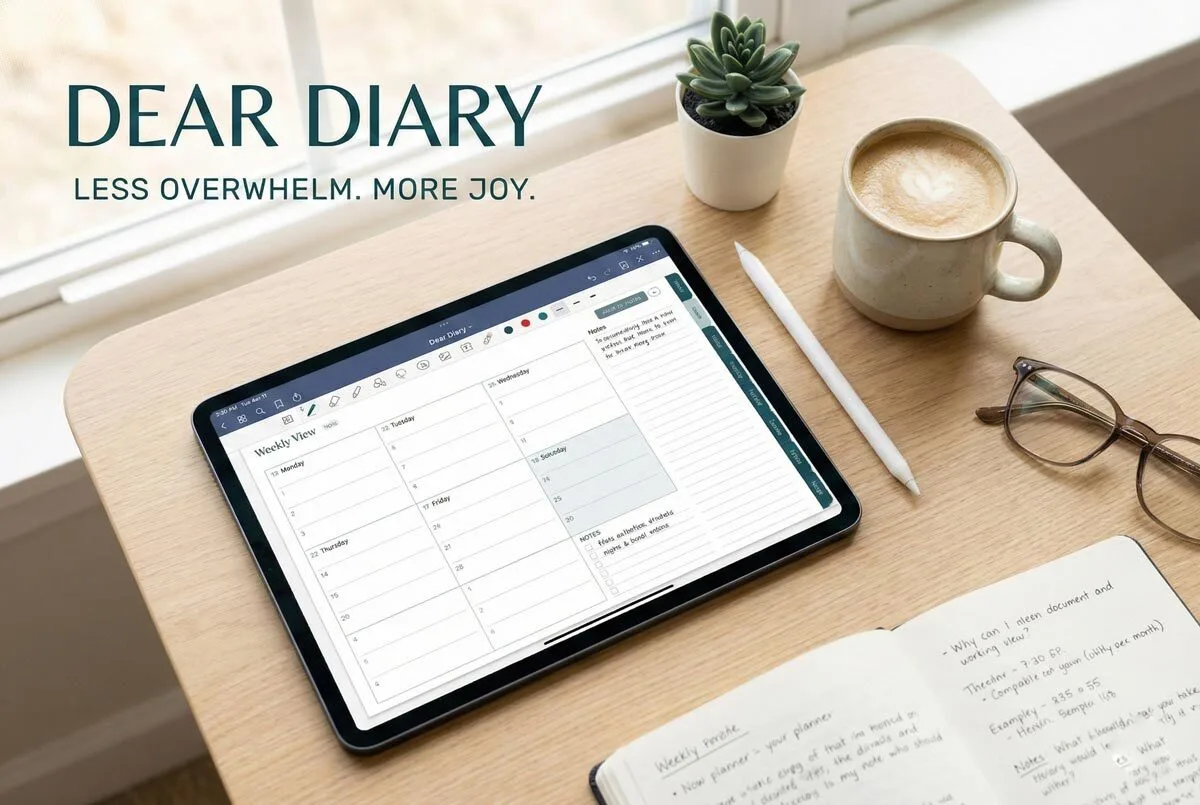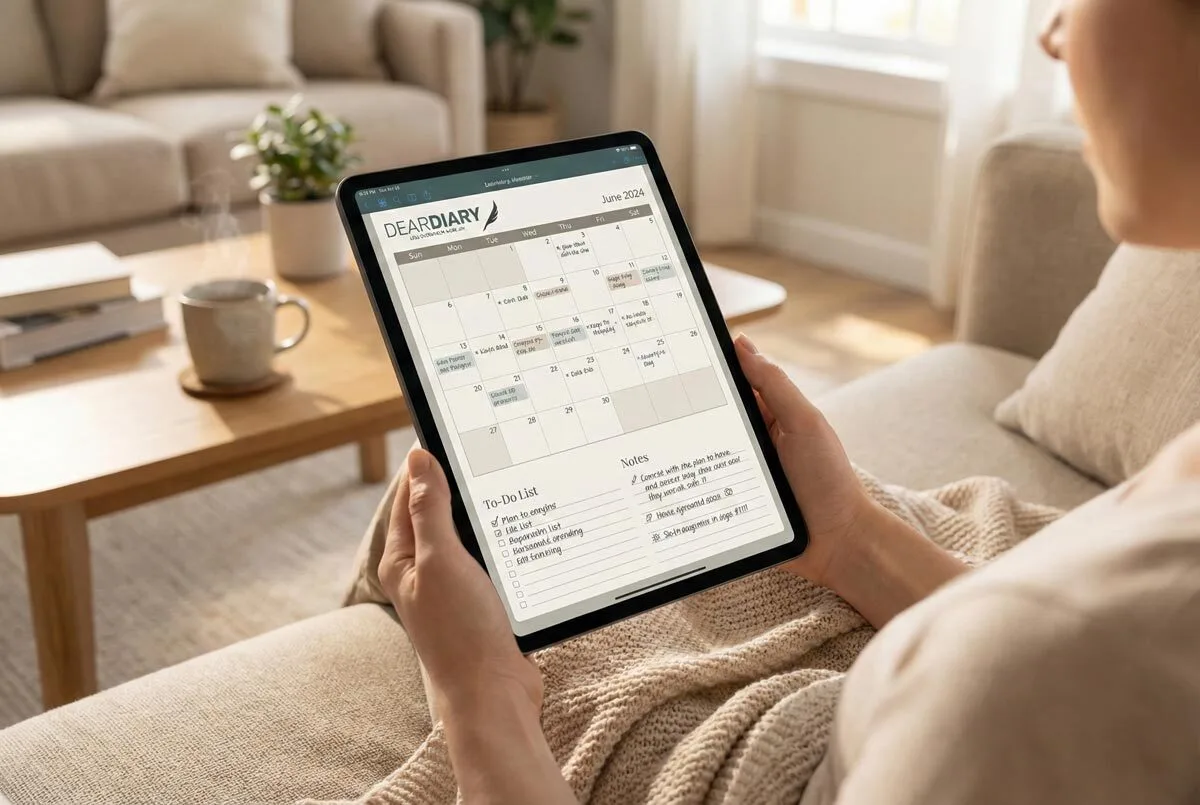You’ll need a simple tracking system that captures daily wins—whether that’s journaling like 27% of successful goal-setters, using digital apps for notifications, or creating hybrid analogue-digital methods. Start with daily reflection questions: “What went well?” and “What could improve?” Break larger goals into specific milestones using the SMART structure, then log progress consistently through dedicated planners or tools like Trello. The key isn’t complexity—it’s sustainable habits that align with your core values and provide clear metrics for your cumulative successes over time.
While most people set goals with genuine enthusiasm, a staggering 45% never bother tracking their progress—fundamentally flying blind towards destinations they can’t see. You’re fundamentally throwing darts in the dark and hoping something sticks.
The good news? Tracking your achievements doesn’t require complex systems or expensive tools—just consistent habits and the right approach.
Success isn’t about perfect systems—it’s about building simple, sustainable habits that actually stick with your real life.
Start with journaling, which 27% of successful goal-setters use. Writing creates a tangible record that helps you identify patterns and reflect on your path. You’ll spot trends you’d otherwise miss, like which strategies work best or when you typically hit roadblocks.
Digital apps appeal to 19% of trackers, offering efficient solutions with built-in notifications and visual progress displays. Tools like Trello or Asana integrate task management with achievement tracking, whilst custom alerts maintain consistency in logging. The Digital Everything Planner 2026 provides a comprehensive solution with 581 pages of structured layouts accessible on tablets, phones, or laptops for maximum flexibility.
The real breakthrough lies in setting SMART goals—specific, measurable, achievable, relevant, and time-bound targets. Vague objectives like “get healthier” doom you to failure.
Instead, define clear targets: “lose 2% of current body weight in eight weeks.” This specificity matters because easier goals show 30% success rates, whilst ambitious targets often crash and burn. Poor tracking often leads to missed deadlines and diminished performance outcomes.
Break your goals into milestones. These smaller, manageable steps prevent overwhelm and provide regular wins that fuel motivation. Each completed task acts as a stepping stone, building momentum and confidence as you progress towards your larger objectives.
Create realistic deadlines aligned with your actual schedule, not some fantasy version where you suddenly have unlimited time and energy.
Hybrid systems combining analogue and digital methods offer balanced tracking solutions. You might journal daily reflections whilst using apps for data visualisation. Modern teachers, for instance, benefit from digital planning solutions that streamline both professional development tracking and personal goal management throughout the academic year. The key is finding what you’ll actually use consistently, because frequent logging directly correlates with higher achievement rates.
Implement daily reflection practices using two simple prompts: “What went well?” and “What could improve?” These questions reinforce accountability whilst highlighting achievements for motivation and guiding strategic adjustments. Dedicated planners with goal setting pages provide structured frameworks for articulating both personal and professional ambitions whilst maintaining consistent tracking practices. A comprehensive planner like the A4 Everything Planner 2026 offers yearly planning overviews that help you maintain perspective on long-term objectives whilst tracking daily progress.
Schedule weekly or monthly reviews to evaluate progress objectively and identify recurring performance patterns. The A5 Everything Planner 2026 includes habit trackers that help you monitor multiple wellness aspects simultaneously. Remember that personal satisfaction drives 42% of successful achievers, making intrinsic motivation a powerful force in maintaining long-term commitment.
Your tracking system should align with your core values and priorities. If fitness matters most, focus on workout consistency and incremental improvements. For financial goals, track spending patterns and savings milestones.
Document cumulative successes over time using specific metrics like percentage completion or time saved. This systematic recording creates a foundation for long-term personal development and informed decision-making about future objectives.
Frequently Asked Questions
How Often Should I Review and Update My Achievement Tracking System?
You should review daily for immediate adjustments, weekly for momentum tracking, monthly for trend analysis, and quarterly for long-term alignment. Update tools and metrics when they’re no longer serving your current goals effectively.
What Should I Do if I Fail to Reach a Goal I Was Tracking?
When you fail to reach a tracked goal, lower your immediate target, practise self-compassion, and reframe failure as feedback. Implement make-up mechanisms, adjust your timeline, and break the goal into smaller, manageable steps.
How Do I Stay Motivated When Progress Seems Slow or Stagnant?
Focus on micro-progress markers like daily habits rather than major outcomes. Celebrate small milestone wins, track non-scale metrics like energy levels, and prioritise internal motivation over external pressures to maintain momentum.
Should I Share My Tracked Achievements With Others or Keep Them Private?
You should share achievements strategically based on your goals. Share professional milestones publicly for accountability and feedback, but keep personal ones private if you’re vulnerable to comparison or external pressure affecting motivation.
How Do I Balance Tracking Achievements Without Becoming Obsessive About Metrics?
Focus on effort over outcomes by tracking habits rather than results. Set weekly reflection sessions instead of daily metric checks. Celebrate small wins, accept setbacks as temporary, and incorporate enjoyable activities alongside your tracked goals.






